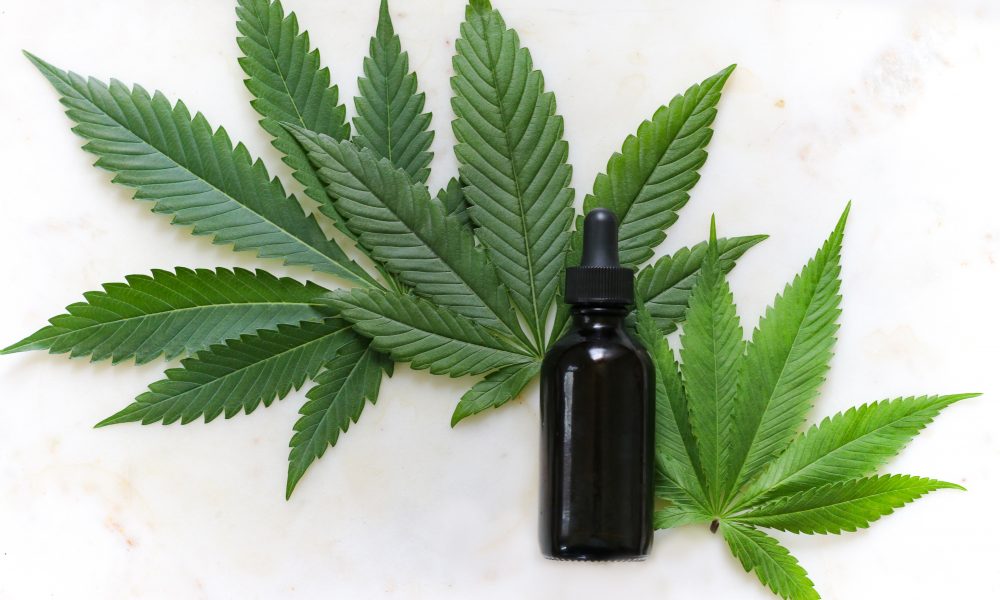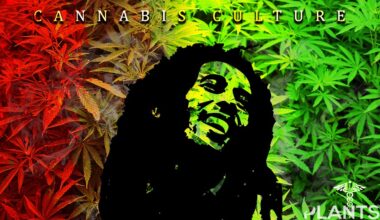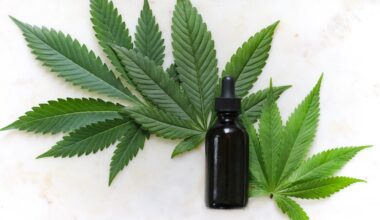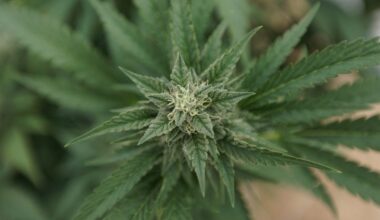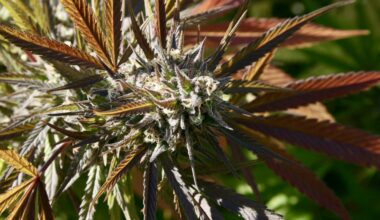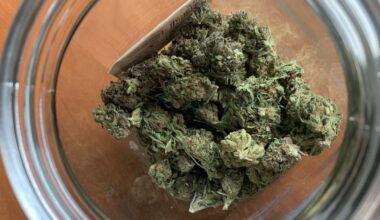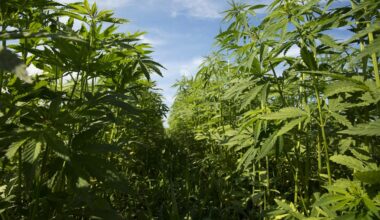The Food and Drug Administration (FDA) has issued its first set of warnings to companies over the allegedly illegal sale of products containing the increasingly popular cannabinoid delta-8 THC.
FDA sent five warning letters to companies that are marketing products with the intoxicating compound and making what the agency says are unsanctioned claims about their therapeutic potential.
FDA previously released a notice cautioning consumers about such products—and it’s sent warning letters to certain CBD businesses over unauthorized marketing in the past—but this marks the first formal enforcement action concerning delta-8 THC.
Delta-8 THC products may be dangerous to consumers. Delta-8 THC has psychoactive and intoxicating effects, and the FDA has received reports of adverse effects experienced by patients who have consumed these products.
— U.S. FDA (@US_FDA) May 4, 2022
While delta-9 THC is the most commonly known cannabinoid in marijuana, delta-8 THC is typically synthesized from legal, hemp-derived CBD and is sold in many states across the U.S. regardless of cannabis laws because it sits in an especially murky legal area.
“The FDA is very concerned about the growing popularity of delta-8 THC products being sold online and in stores nationwide,” FDA Principal Deputy Commissioner Janet Woodcock said in a press release. “These products often include claims that they treat or alleviate the side effects related to a wide variety of diseases or medical disorders, such as cancer, multiple sclerosis, chronic pain, nausea and anxiety.”
Today, FDA issued warning letters to five companies for selling products labeled as containing delta-8 tetrahydrocannabinol (delta-8 THC) in ways that violate the Federal Food, Drug, and Cosmetic Act (FD&C Act). https://t.co/M96E9A0xyb pic.twitter.com/4bkpcVJXa9
— Dr. Janet Woodcock (@DrWoodcockFDA) May 4, 2022
“It is extremely troubling that some of the food products are packaged and labeled in ways that may appeal to children,” she said. “We will continue to safeguard Americans’ health and safety by monitoring the marketplace and taking action when companies illegally sell products that pose a risk to public health.”
We will continue to safeguard Americans’ health and safety by monitoring the marketplace and taking action when companies illegally sell products that pose a risk to public health.
— Dr. Janet Woodcock (@DrWoodcockFDA) May 4, 2022
FDA rules currently don’t allow for the marketing of any cannabis derivatives in the food supply, though lawmakers and advocates have been pushing the agency to craft regulations permitting such activity for CBD since hemp was federally legalized under the 2018 Farm Bill.
Delta-8 THC is a different story, as the cannabinoid does have intoxicating effects, and it’s become especially popular in prohibitionist states because of the relative lack of specific policies prohibiting it—though lawmakers and regulators in many jurisdictions have been moving to enact restrictions in recent months.
Even the Drug Enforcement Administration (DEA) has conceded that delta-8 THC is generally unregulated because current statute only bans cannabis products with more than 0.3 percent delta-9 THC by dry weight.
Still, several states have moved to impose their own restrictions on delta-8 THC products, and FDA is now stepping in with warning letters to five companies that it says are violating federal rules on marketing products with medical claims that the agency hasn’t approved.
FDA sent the letters to ATLRx Inc., BioMD Plus LLC, Delta 8 Hemp, Kingdom Harvest LLC and M Six Labs. The companies have 15 working days to respond in writing about how they will “address these violations and prevent their recurrence,” FDA said. Failure to comply could result in legal action, including product seizures and injunctions.
The agency in 2019 similarly sent warning letters to certain CBD companies that were allegedly making unauthorized medical claims about their products.
“CBD and delta-8 THC are unapproved food additives for use in any human or animal food product, as the FDA is not aware of any basis to conclude that the substances are generally recognized as safe (GRAS) or otherwise exempt from food additive requirements,” the agency said in its latest alert.
Meanwhile, the Texas hemp industry scored a victory late last year after a judge ruled that state regulators would be temporarily prohibited from enforcing a ban against the sale of delta-8 THC products.
Photo by Kimzy Nanney.
Medical Disclaimer:
The information provided in these blog posts is intended for general informational and educational purposes only. It is not a substitute for professional medical advice, diagnosis, or treatment. Always seek the advice of your physician or other qualified healthcare provider with any questions you may have regarding a medical condition. The use of any information provided in these blog posts is solely at your own risk. The authors and the website do not recommend or endorse any specific products, treatments, or procedures mentioned. Reliance on any information in these blog posts is solely at your own discretion.
